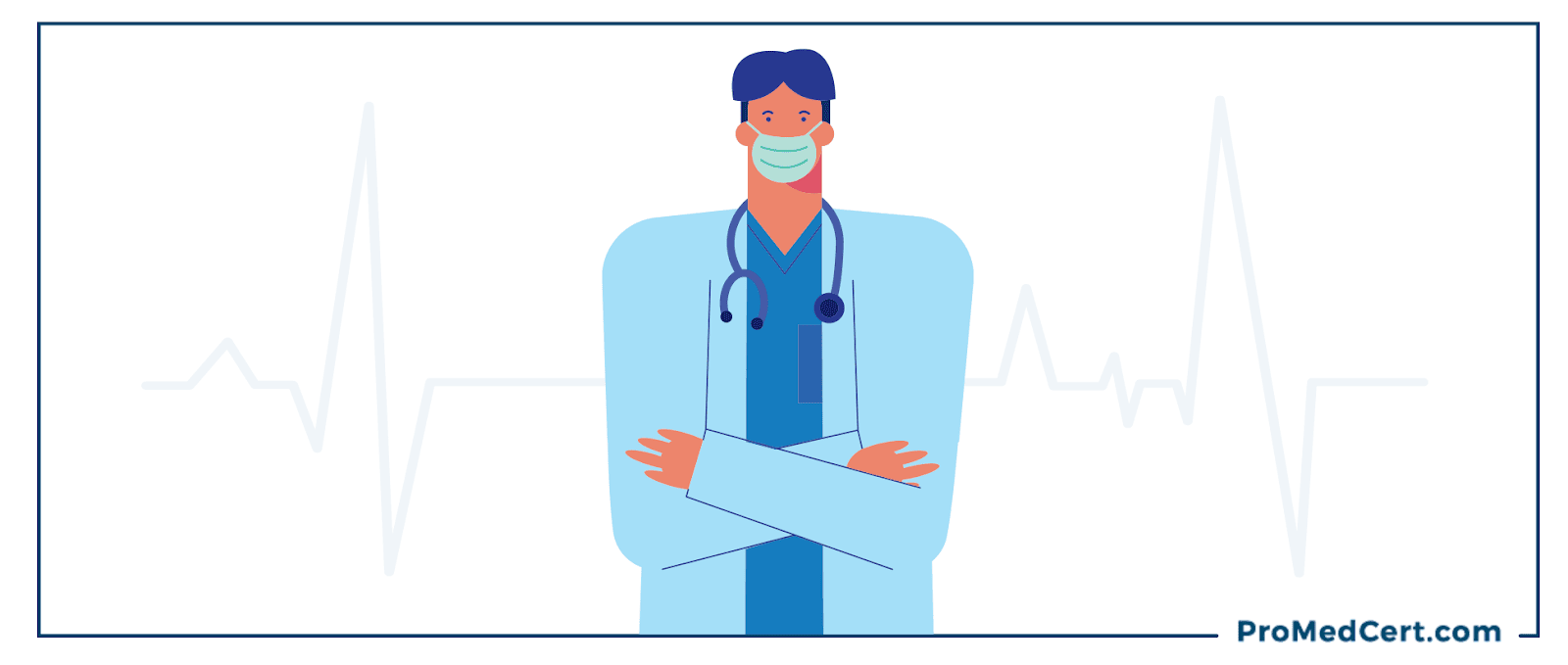Self-Care Tips For Medical Professionals

There are plenty of reasons to feel restless, anxious, and stressed between personal issues, managing long shifts, and dealing with work-related stress.
This is exactly why self-care, especially for medical professionals, has never been more essential.
Knowing and understanding your body’s needs and attending to them requires one to be very self-aware.
The advantages of taking the time to nourish it properly are numerous.
Self-care practices are not only important for your mental health, but also that the more self-care activities we engage in, the more confident, energetic, and productive we become.
Not to mention that we are able to make better judgments, have stronger relationships, and communicate more effectively as a result.
Here are some great self-care tips, advice, and ideas so you can start prioritizing yourself.
1. Drink a glass of water as soon as you wake up
Starting your day off right could be like starting your day with a glass of water.
When you go to sleep, you barely have an opportunity to keep your body hydrated; thus, you wake up feeling dehydrated after a night's sleep.
Drinking water as soon as you wake up not only helps reboot your system but also energizes your body allowing you to start your day on a positive note.
It is critical to stay hydrated in order to keep your body healthy and satisfied.
2. Start your day with something pleasant
Success doesn't happen by chance.
Great medical professionals don't simply get out of bed, make whatever is convenient, and then go to work to deal with whatever comes their way.
They plan ahead.
They strategize.
Then implement it.
Meditation, reflecting on your daily goals, and eating a healthy breakfast are some positive ways to start your day.

3. Move for at least 30 minutes a day
Due to hectic work schedules, most medical professionals lack time to even work out.
If you don't have a set time to work out, you can make the most of your day by taking gym shoes to work and going for a walk during your lunch break.
This guarantees that you receive a nice workout without taking much time.
4. Light a fragrant candle
According to researchers, the olfactory nerve is the only one directly connected to the limbic system, the part of the brain responsible for emotional and behavioral responses.
The use of scented candles with fragrances such as lavender can have a relaxing effect, and research shows that they can also reduce anxiety.
Try smells associated with sentimental memories such as your childhood favorite ice cream or even your mom’s favorite laundry softener.
5. Get some quality sleep
According to research, most medical professionals get less than six hours of sleep a night.
An average of eight hours of sleep per night is recommended for healthy adults.
Good quality sleep is essential for your brain to detox from toxins, improve memory, and strengthen neural paths, according to research.
6. Detox from technology
More often than not, medical professionals' lives are dictated by their phones and gadgets, whether it’s your alarm clock, your work appointments, even that notification reminding you to check a friend’s post on Instagram.
Limiting your screen time can be quite challenging now that our lives are streamlined by technology.
However, it's not impossible.
Today's technology allows you to even limit your screen time through your phone by setting a daily usage limit.
If that isn't a viable option, set aside to unwind before retiring to sleep.
7. Practice daily gratitude journaling
It only takes a couple of minutes of your time and a gratitude journal to write down the highlights of your day, the things you're grateful for, big or small.
Reflecting on what you're grateful for is a simple habit that can lead to a happier, more happy existence.
Research shows that self-reflective habits not only help you appreciate life more, but also gives a whole new level of clarity.

8. Take ten minutes to decompress every day
On a typical day, a doctor's schedule is full of eight or more hours of back-to-back activities.
No day looks like the other.
Taking five minutes to decompress may not seem like much but you can do a lot of breathing exercises in that short time.
While saving lives is important, it's equally as important to practice self-care.
Taking a few minutes to meditate or do a breathing exercise can go a long way to help you relax or reduce anxiety.
9. Make a menu for the week
Most medical professionals are so engrossed in the daily grind that taking time off for themselves may feel like a complete waste of time.
The more they get caught up, the more they forget the simple things, such as enjoying a good meal.
Research says that our digestive health and nutritional health affect our brain health.
A balanced diet combined with a smart nutrition plan can do wonders for your body and mind.
10. Say yes to those dinner plans
Quality time spent with family and friends is one of the best ways to create lasting memories.
Nothing compares to spending time with those that you love.
Research shows that spending time with those who make you happy can be good not only for your mental wellbeing but also for your relationships.
Your good times are better with loved ones, and your sad ones are shared, don't forget the importance of family.
Final thoughts:
Self-care is imperative to our general well-being.
Creating time in your day to incorporate at least three habits of self-care goes a long way to helping you appreciate yourself better.
Whether it’s a scrumptious breakfast, a short stroll after work, or even taking some time to get certified at ProMed, it’s all very important.
The more you practice self-care within your daily routine, the easier it becomes, and eventually, it’ll be a natural habit to help you thrive and be happy.

